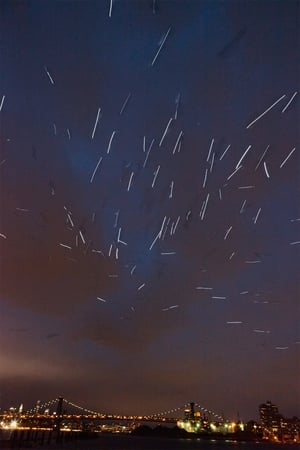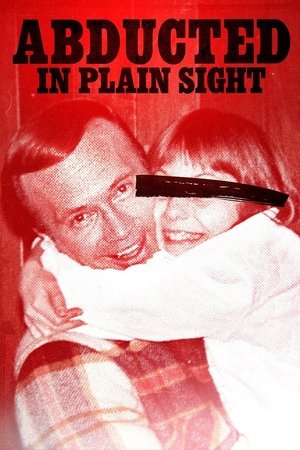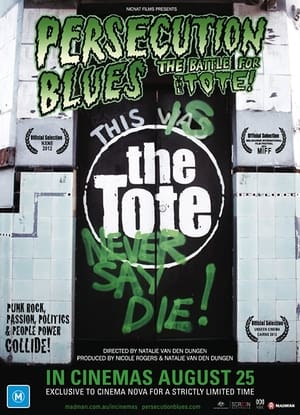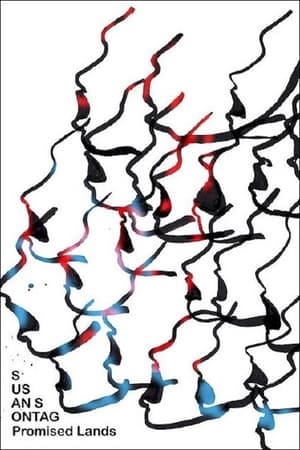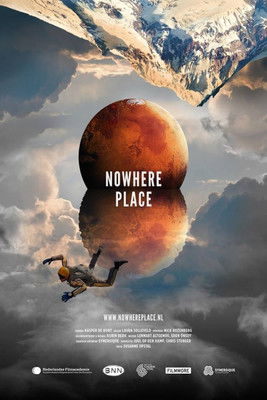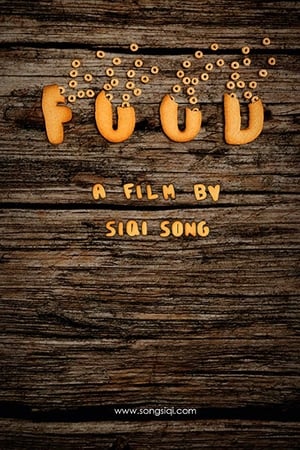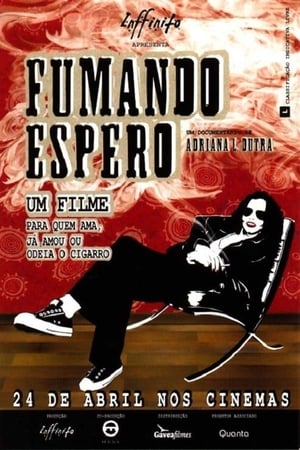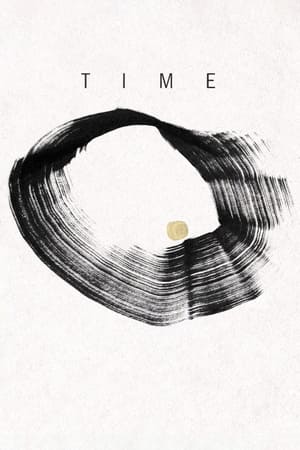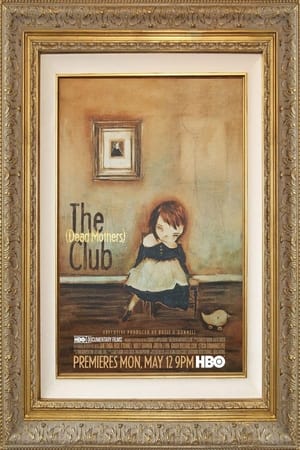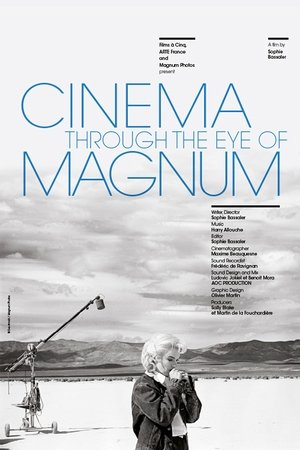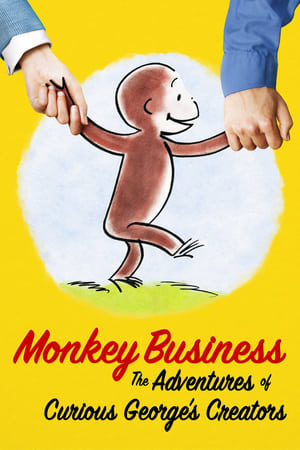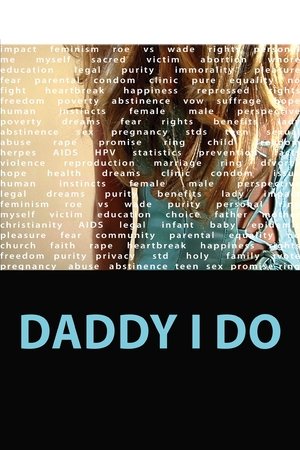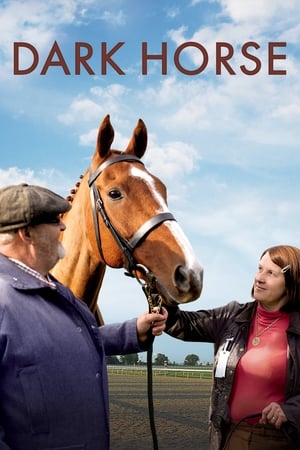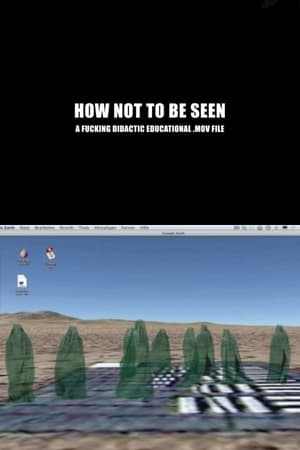Overview
Geri Halliwell, the most colourful and outrageous of the Spice Girls, has dramatically left the band. Two days later, Dineen joins her as she dodges the paparazzi and seeks solace with family and friends in a fascinating rollercoaster ride through fame, celebrity and the personality behind that infamous Union Jack dress. TV documentary which shows the roller-coaster career of the former Spice Girl, Geri Halliwell, including very candid behind-the-scenes footage and interviews with her.

 90 min
90 min
 6
6
 1999
1999
 United Kingdom
United Kingdom

